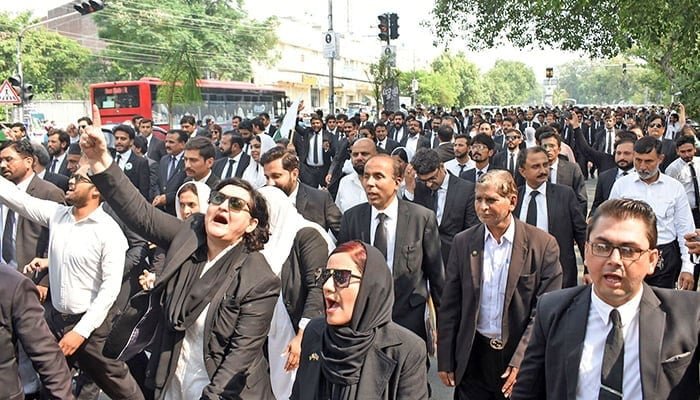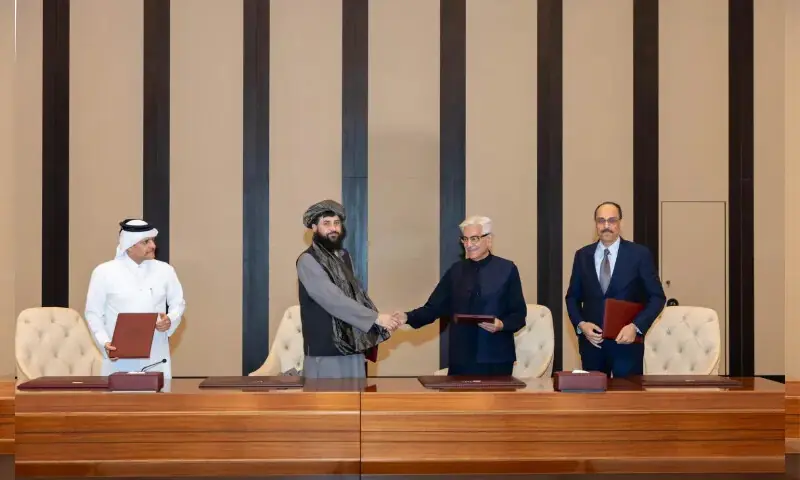Naveed Hussain
Pakistan, a country with a rich history in sports, is currently facing a pressing issue-a steady decline in its performance on the international stage, particularly in Olympic sports. The dwindling numbers of athletes representing Pakistan at the Olympics is a clear sign of the urgent need to address the state of sports in the country. Pakistan’s representation at the Olympics has decreased from 10 in Tokyo to just seven in Paris, spread across three disciplines. This reduction in the contingent size is a glaring reflection of the country’s diminishing prowess in the world of sports.
The failure of the national hockey team to qualify for the past three Olympics has been a significant contributing factor to the downsizing of Pakistan’s Olympic contingent. Historically synonymous with dominance in field hockey, Pakistan’s inability to secure a spot in the Olympic Games is emblematic of the broader decline in sporting standards. The country, once revered for its prowess in various sporting disciplines, is now struggling to compete at the international level.
While other nations, despite their smaller size and population, have leveraged sports as a means to cultivate a positive global image and boost their economies, Pakistan has faltered in this regard. The lack of concerted efforts and tangible initiatives to revamp the deteriorating sports infrastructure has resulted in a mere lip service to the idea of sporting revival. The absence of effective policies and implementation mechanisms has led to a stagnation in the development of sports in the country, thereby missing out on the economic benefits that a thriving sports industry can bring.
Amidst the bleak landscape of Pakistani sports, there are still glimmers of hope that can inspire us all. Javelin thrower Arshad Nadeem, who has not only qualified for the Olympics but also holds a realistic chance of ending Pakistan’s 32-year Olympic medal drought, stands as a beacon of potential success. Additionally, shooter Kishmala Talat, the first Pakistani markswoman to qualify for the Games and a bronze medalist at the Asian Games, presents another hopeful prospect. These shining examples, despite the systemic issues, show us that success is still within our reach.
Pl watch the video and subscribe to the YouTube channel of republicpolicy.com
The dearth of a coherent national sports policy or framework further exacerbates the challenges faced by athletes and sports federations in Pakistan. The autonomy enjoyed by individual sports federations, coupled with their limited accountability to the government, has created a disjointed system lacking centralized direction. Athletes’ grievances regarding inadequate funding and the scarcity of sporting events further underscore the urgent need for comprehensive, immediate reforms to prevent further decline.
To reverse the downward trajectory of sports in Pakistan, it is imperative for the government to collaborate with sports federations in devising a national sports code aimed at fostering greater participation and enhancing medal prospects. Drawing inspiration from successful sports policies in countries like the UK and Australia, a well-structured and comprehensive sports policy, coupled with adequate funding and support, is essential to rejuvenate the once illustrious legacy of Pakistani sports. Only through proactive measures and sustained commitment can Pakistan reclaim its standing as a formidable force in the international sporting arena.
Lastly, developing a strong sports culture in Pakistan is of paramount importance as it can significantly contribute to producing better results on the international stage. A thriving sports culture not only fosters a sense of national pride and unity but also promotes physical well-being and healthy competition. By encouraging widespread participation in various sporting disciplines from a young age and providing access to top-notch training facilities, Pakistan can cultivate a rich reservoir of athletic talent. A robust sports culture can also serve as a catalyst for social and economic development, attracting investment, creating employment opportunities, and showcasing the nation’s potential on the global stage. Moreover, it can instil values of discipline, teamwork, and perseverance in the youth, paving the way for a brighter and more promising future for Pakistani sports.















